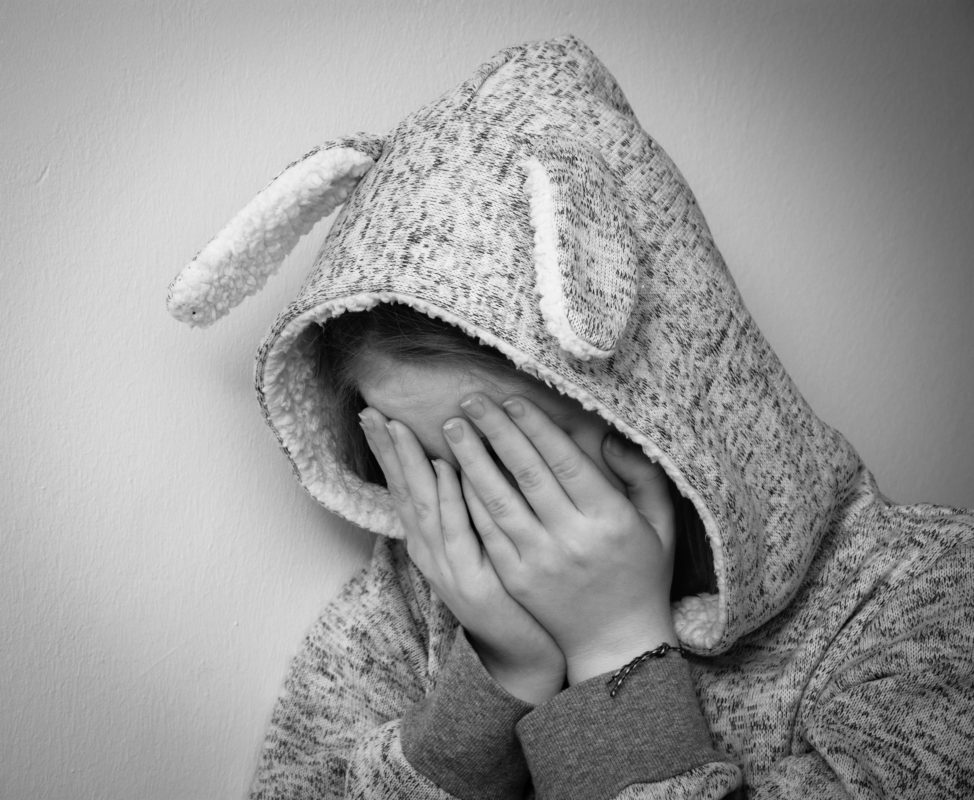How to deal with teenagers, that’s what every parent wants to know! Family Medicine Specialist, Dr. Anjum Ishaque shares some expert advice on dealing with teenagers during this very important stage in their life.
Here are some facts to keep in mind:
- Puberty is the process by which a child’s body develops into an adult body. It involves physical growth and sexual and emotional maturation. Growth accelerates in the first half of puberty and stops at the completion of puberty. Puberty usually begins between 8 and 14 years of age in girls and 9 and 14 years of age in boys. If there is a delay or issues surrounding puberty consult a family physician or pediatrician to check all is progressing normally.

- Stress and Depression are common during the teenage years. Hormonal changes can lead to mood swings, low self-esteem, lack of confidence etc. Teenagers are coping with academic and social pressures at school as well as parental expectations. It is imperative that channels of communication with adults are kept open. So teenagers can seek help when they feel overwhelmed and unable to cope with situations on their own. Parents should watch out for signs which can include withdrawal from social and family life, lack of concentration and poor sleep, thoughts of self-harm, negativity and emotional instability. Discussing concerns with a doctor (family physician, psychologist or psychiatrist) can help in identifying problems early and getting appropriate guidance and help.
- Acne is another unfortunate side effect of hormonal change and maturation. It can have devastating effects on the morale and self-esteem of teenagers and so it is very important to see a GP or Dermatologist for further assessment and advice. Treatments of acne have advanced over the last twenty years and many effective options are available to treat the condition. These vary from simple washes, gels (containing Benzoyl Peroxide or Vitamin A) to oral antibiotics and Vitamin A. Early medical intervention will prevent scarring which is very difficult to treat and can result in a significant negative psychological impact.

Photo by Jesús Rodríguez on Unsplash
- Eating Disorders are also extremely common in this age group. Teenagers are vulnerable to pressures to conform to a certain image projected by advertising and their peers. Food and weight can become an issue and some use this as a form of controlling stress in their lives. This may present in several different forms. Bulimia (patients make themselves vomit after binge eating food), Anorexia Nervosa (where patient do not consume enough food and calories), Binge eating and Orthorexia (pathological fixation on consumption of appropriate and healthy food) are some of the commonest eating disorders.
 Signs may include an obsession with weight, food and exercise. Parents and teachers can play a key role in identification of these issues early. It is important to talk about a healthy diet and regular exercise but at the same time to point out that a balanced approach is necessary. Also puberty will in itself cause a natural weight gain in readiness for the growth spurt and explaining this to children may help them deal better with their changing bodies.
Signs may include an obsession with weight, food and exercise. Parents and teachers can play a key role in identification of these issues early. It is important to talk about a healthy diet and regular exercise but at the same time to point out that a balanced approach is necessary. Also puberty will in itself cause a natural weight gain in readiness for the growth spurt and explaining this to children may help them deal better with their changing bodies.

- Substance Abuse can also be an issue. Teenagers are likely to take risks and experiment with new experiences to assert their independence as they march towards adulthood. It is imperative to keep channels of communication open discuss issues surrounding drug and alcohol use in a non-judgmental fashion.
Children who feel supported are more likely to seek advice from their parents before problem arise.




















